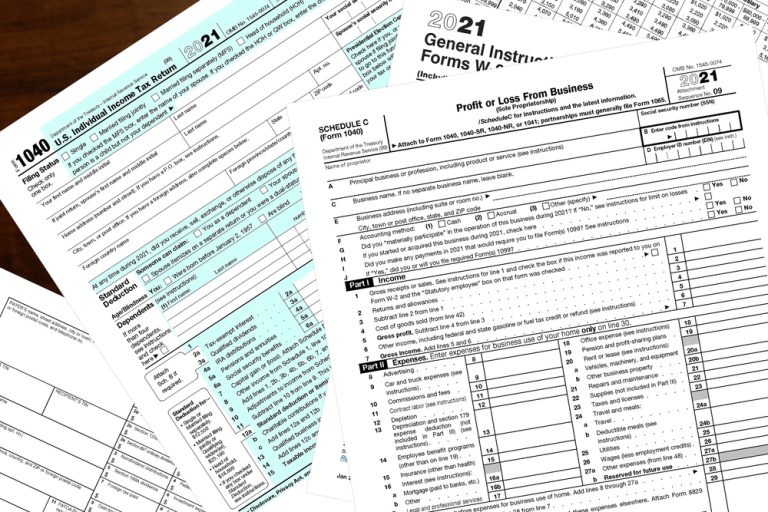Protecting Your Business: The Basics of Non-Compete Agreements
Protecting Your Business: The Basics of Non-Compete Agreements
This article appeared in the "Consult the Counsel" special advertising section in the Orlando Business Journal on June 29, 2018.
Non-compete agreements, when drafted properly, can protect an employer’s valuable business information and relationships by restricting a former employee’s ability to work for a competitor. Employers should consider the following issues:
- Non-compete agreements must be in writing, signed by the employee, and be reasonable in time, area and line of business;
- Non-compete agreements are only valid if they enforce legitimate business interests. Legitimate business interests include:
- Trade secrets, as defined by Florida Statute;
- Valuable confidential business or professional information;
- Substantial relationships with specific prospective or existing customers;
- Certain customer/client goodwill; and
- Extraordinary or specialized training.
- Non-compete agreements with former employees will generally be presumed reasonable in time if the duration of the agreement is six months or less. Agreements will generally be presumed unreasonable in time if the duration is more than 2 years.
- In enforcing the agreement, the employer bears the burden of proving that the agreement is necessary to protect its business interests.









